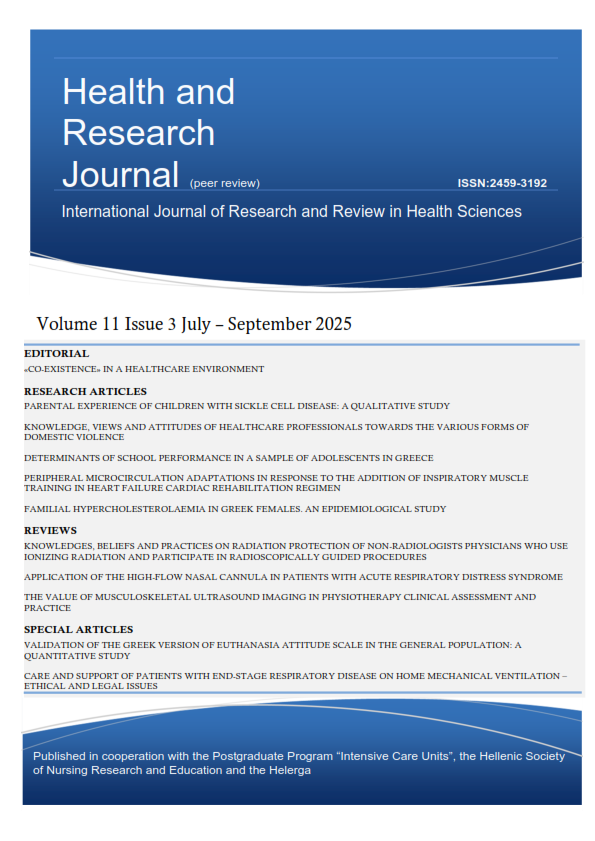Care and support of patients with end-stage respiratory disease on home mechanical ventilation – Ethical and legal issues

Abstract
Home mechanical ventilation (HMV), either invasive or non-invasive, can play a vital role in managing respiratory insufficiency in patients with end-stage lung diseases. However, a range of ethical considerations arise, due to its impact on patients, families, physicians and healthcare systems. Key ethical concerns include obtaining informed consent, evaluating patients’ decision-making capacity, addressing the potential withdrawal of ventilation, and managing the emotional and practical burden placed on family members. These issues require careful, patient-centered deliberation. At the same time, the development of a clear and comprehensive legal framework governing home health care (HHC) services remains a significant challenge. This review aims to gather and present information from the existing literature regarding the ethical and legal perspective of HMV, as well as illustrate the greek legal framework about home health care. A detailed legislation is indeed demanded in order to determine each party’s role (physicians, families, patients), minimise ethical issues and render HHC an equal alternative model of patient-oriented therapy. Despite the legal framework, the implementation of Hospital-at-Home (HaH) in Greece is still in its infancy, raising ethical concerns about unequal access to palliative care, regional disparities, and the disproportionate burden placed on patients and families managing end-stage diseases at home.
Article Details
- How to Cite
-
Giasafakis, A., & Giasafakis, M. (2025). Care and support of patients with end-stage respiratory disease on home mechanical ventilation – Ethical and legal issues. Health & Research Journal, 11(3), 312–321. https://doi.org/10.12681/healthresj.40163
- Section
- Special Articles
Copyright notice:
Authors retain copyright of their work and grant the Health and Research Journal the right of first publication.
License:
Articles are published under the Creative Commons Attribution 4.0 International License (CC BY 4.0). This license permits use, sharing, adaptation, distribution, and reproduction in any medium or format, including for commercial purposes, provided that appropriate credit is given to the author(s) and the original publication in this journal, a link to the license is provided, and any changes are indicated.
Attribution requirement:
Any reuse must include the article citation and DOI (where available), and indicate if changes were made.


